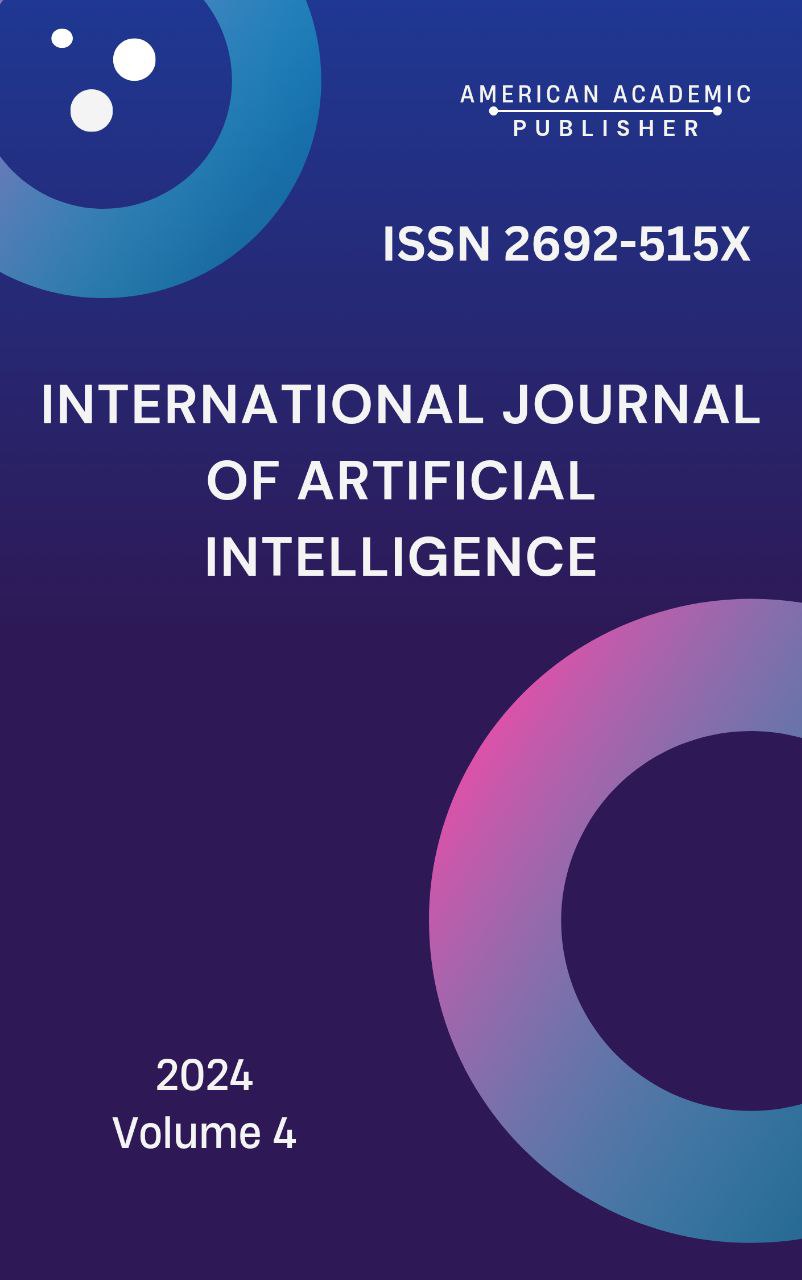 Articles
| Open Access |
Articles
| Open Access | THE HARMONY OF RELIGIOUS AND SECULAR INSTITUTIONS IN IRAN’S POLITICAL SYSTEM
Dilshoda Khodjimuratova , Head of the department at Tashkent State University of Oriental StudiesAbstract
The article is dedicated to analyzing the unique institutional architecture of the Islamic Republic of Iran, which embodies both theocratic and republican elements of governance. The main focus is on the synthesis of religious and secular institutions formed as a result of the Islamic Revolution of 1978-1979 and their role in ensuring the stability of Iran’s political system. It examines the constitutional interactions of key religious structures, such as the Supreme Leader institution, the Assembly of Experts, the Guardian Council, and the Expediency Council, within the framework of constitutional reforms. Special attention is given to the evolution of the Supreme Leader’s powers, which balance traditional Shia principles with democratic governance mechanisms. Based on historical and legal analysis, the study reveals the adaptability potential of Iran’s governance model in the face of internal and external threats.
Keywords
Iran,
References
The Constitution of the Islamic Republic of Iran
http://rc.majlis.ir/fa/content/iran_constitution قانون اساسی جمهوری اسلامی ایران.
Naini. Iran’s second chamber? The guardian council’// The Journal of Legislative Studies, Vol. 12, 2, 2006, Р. 198–222.
Ghiabi, M. The council of expediency: crisis and statecraft in Iran and beyond // Middle Eastern Studies, Vol. 55, 5, 2019, Р. 837–853.
Valibeigi, M. Islamic Economics and Economic Policy Formation in Post Revolutionary Iran: A Critique // Journal of Economic Issues, 1993. Vol. 27, 3.
Akhavi-Poor, H., Azodanloo, H. Economic bases of political factions in Iran // Critique: Journal for Critical Studies of the Middle East, 1998. Vol. 7, 13, рр. 69–82.
DILSHODA KHODJIMURATOVA. (2022). The Genesis and Evolution of Iran’s Foreign Policy. Sharqshunoslik. Востоковедение. Oriental Studies, 1(02), 116–122. https://doi.org/10.37547/os/vol-01issue-02-17
Dilshoda Khodjimuratova. (2025). INSTITUTIONALIZATION OF THE CONCEPT OF "VELAYAT-E FAQIH" IN IRAN’S POLITICAL SYSTEM. Ethiopian International Journal of Multidisciplinary Research, 12(02), 35–41. Retrieved from https://www.eijmr.org/index.php/eijmr/article/view/2564
Васькин И. Влияние политического курса избираемых органов власти на неизбираемые в опекунских режимах: кейс рекрутирования в Ассамблею по определению целесообразности Ирана // Вестник Пермского университета. Политология. Т. 15. №4. 2021.
Сажин В.И. Корпус стражей исламской революции в Иране – государство в государстве // Контуры глобальных трансформаций: политика, экономика, право. Т. 10. № 3. 2017.
Дунаева Е.В. Иран: изменение баланса политических сил после выборов Х.Роухани // Актуальные проблемы Ближнего и Среднего Востока. М.: ДА МИД РФ. 2017.
مرحله دوم انتخابات مجلس شورای اسلامی ۲۱ اردیبهشت ۱۴۰۳ برگزار میشود.
(The second round of elections to the Islamic Council will take place on May 21, 2024). [Electronic resource].URL: https://www.irna.ir/news/85421995/.
روحالله خمینی. ولایت فقیه. حکومت اسلامی موسسه تنظیم و نشر آثار امام خمینی (ره).1383. ص..184
(Ruhollah Khomeini. Velayat-e Faqih. Islamic Government Institute for Editing and Publishing Imam Khomeini's Works. 2004. pp. 184.)
Article Statistics
Downloads
Copyright License

This work is licensed under a Creative Commons Attribution 4.0 International License.
